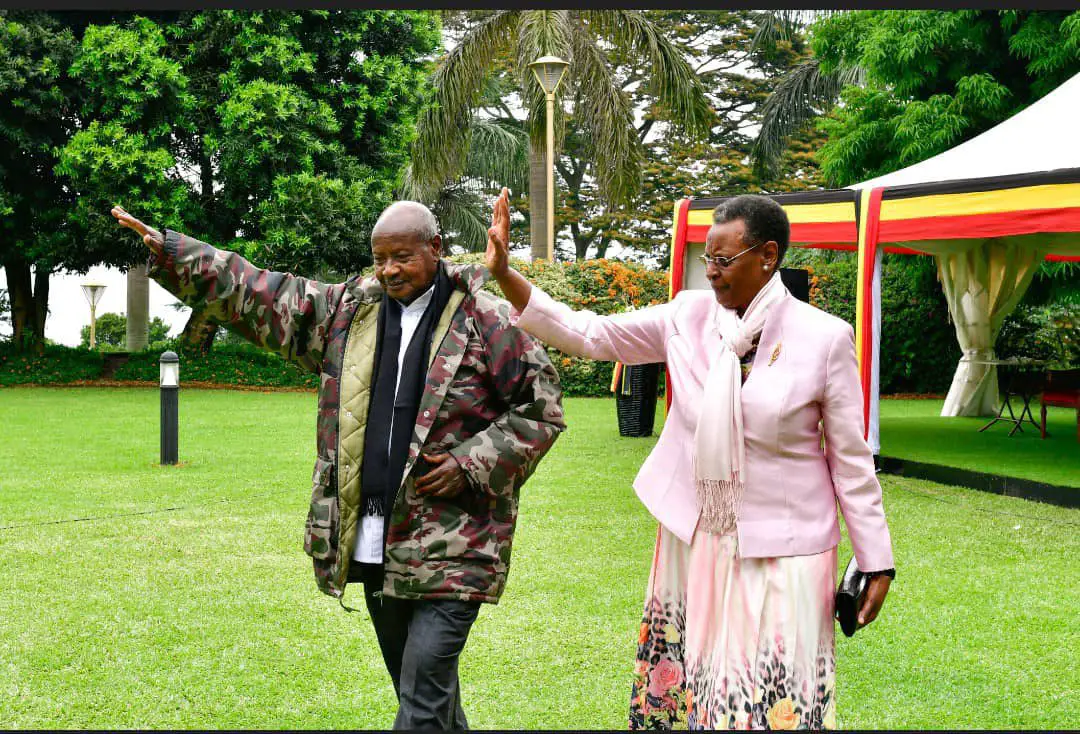Ugandans across the country are in celebration mood as the country marks 60th Independence Anniversary this Sunday.
Leaders from the East African Community member states are in Uganda to join Ugandans in celebrating their independence day.
The country gained independence from the British Empire in 1962. In 1894, Uganda became a protectorate of the British Empire.
During the late 1940’s, Ugandan people rebelled against British colonial power because they wanted more representative government and less British control.
In 1958 Internal self-government in Uganda was allowed by the British.
During the London Conference of 1960, the British decided to allow elections in Uganda, which ultimately their Independence.
At the time Uganda was divided into three main political parties: Uganda People’s Congress (UPC), Democratic Party (DP) and Kabaka Yekka (KY), which competed for leadership.
However, the British favoured KY government but elections result was in favour of UPC, so the British made a new plan: Buganda was allowed internal autonomy if they participated in national government.
This resulted in peace between the parties, which led to the Independence Constitution of 1962 and a separate Ugandan government.
In March 1, 1962, Uganda begun self-government with Benedicto Kiwanuka as prime minister.
Then, in October 1962, Uganda was admitted as member State to the United Nations.
Uganda gained independence without much struggle because the British were sowly withdrawing their power over it over time. They also encouraged independence and slowly gave back rights to Uganda.
The fight for independence was mostly lead by political groups.




















